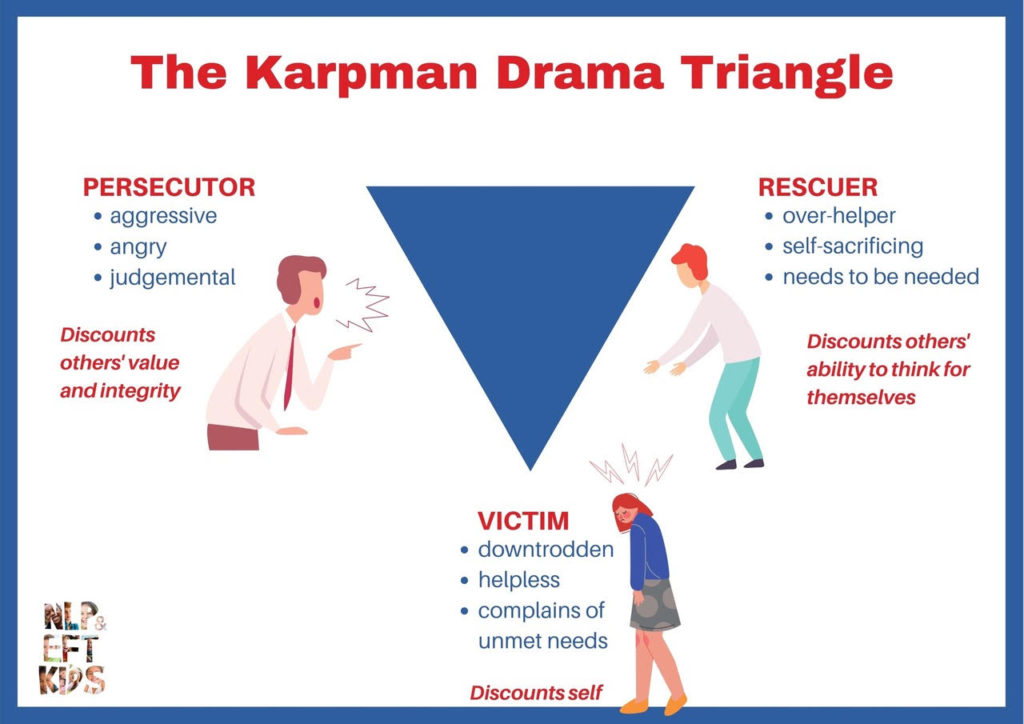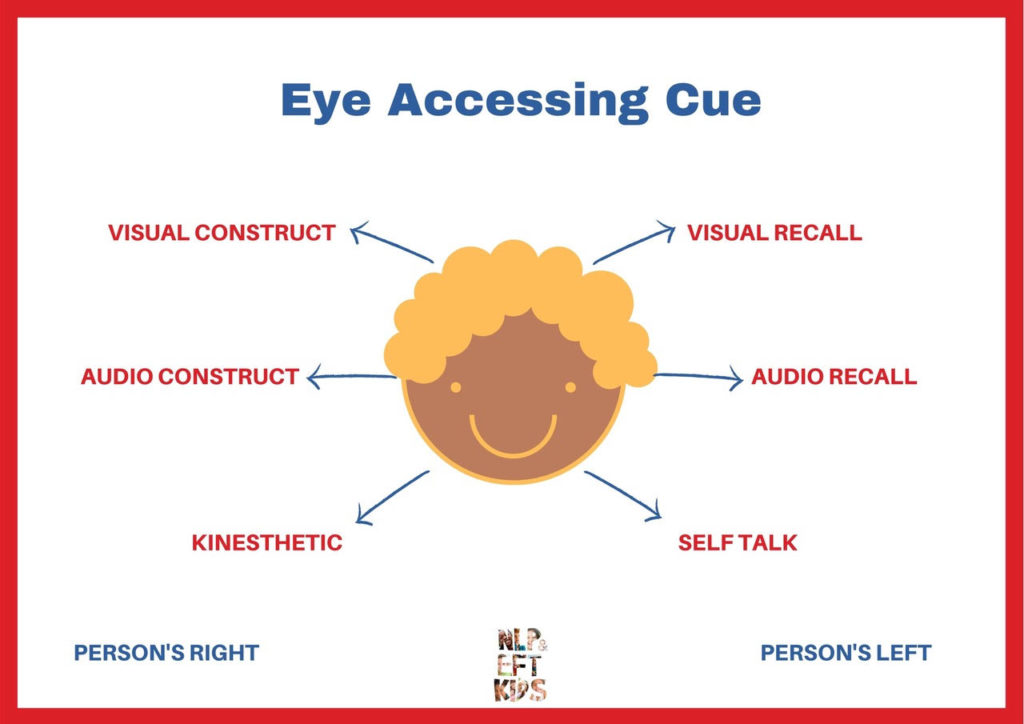
Thinking back over the past year of uncertainty, what has worked well for you? Which thoughts have kept you positive, what have been the positive aspects? In challenging times we may find ourselves focusing on the negatives and deleting all we have achieved.
When we do this, we put ourselves in what is referred to as the ‘Victim’ role in Stephen Karpman’s Drama Triangle (see below), where we focus on what we can’t do or can’t have, blaming the pandemic (the Persecutor) and then looking to a Rescuer; someone who will sympathise, or something that will take the edge off.

Who then becomes the Rescuer? Is it food, drink, exercise, binge-watching TV?
The focus for each role is the problem – what we can’t do. Instead, let’s focus on the solution. I’d like to invite you to step away from the Drama Triangle altogether.
By acting more as a coach, you can empower ‘victim’ and ‘persecutor’ and help create a more empowered dynamic.
There are many reasons for stress at Christmas. Even without the current situation and all it entails, Christmas is still a stressful time because each person has their own expectations of what is quite a short period, one day usually, maybe only one meal.
Setting a compelling outcome for yourself will be super helpful. What do you want from the day. Once you’ve done this for yourself, you can ask your own family.
Write down what you’d like to have happen. Then check with yourself – is this in my control? Possibly not? Rewrite it so it is. Which element of it is in your control?
Now let’s check how SMART it is.
Are you being specific? Saying you want ‘everyone to be happy’ is not specific because everyone will have quite different requirements for being happy and express it differently – how will you know? How will you measure their happiness? You need to be specific about what you want to see, hear and feel that will tell you that they are.
Is it achievable? Are you being realistic? What aspects of it could be achieved? How relevant is it? What difference will it make? Are you focusing on one aspect of the day that may not matter as much as other aspects? When will you make this happen? Can you set things up such that you spread festivities over a longer period to reduce your stress?
A neat little NLP technique is called ‘eye accessing’, and what you do is look up to the right and imagine how a relaxed (or whatever word represents the state you desire) will look like. Look across to the right to imagine what you will hear. Look down to the right to imagine what you will feel. By setting your desired outcome into the future you are preparing your outcome for the time when it will happen.

The last technique I’d like to share with you is EFT Tapping. This is originates from ancient Chinese medicine techniques and like acupuncture, it involves the energy meridians in the body – but there are no needles involved. Instead, we tap on specific points on the body as we say how we feel: stressed, mad, angry, fed up, frustrated or whatever it is. We tap on the negative feelings to acknowledge them rather than suppress them which increases the stress response in the body. Stress create blockages in the energy pathways which, once cleared through tapping, enables us to function in flow.
I’ve made a video so you can see exactly how it works.
I use EFT Tapping with my clients to relieve stress and it also works on pain, sadness and grief, anger, low self-esteem – well, just about everything we feel, in fact. Have a look at this video I’ve especially for you, which will show you how to use EFT tapping. I very much hope it helps you or someone you know.
 About the author:
About the author:Take a trip into into a world of wisdom

Join the Academy and learn from some of the best spiritual
and wellbeing teachers in the world
Join the Academy and learn from some of the best spiritual
and wellbeing teachers in the world